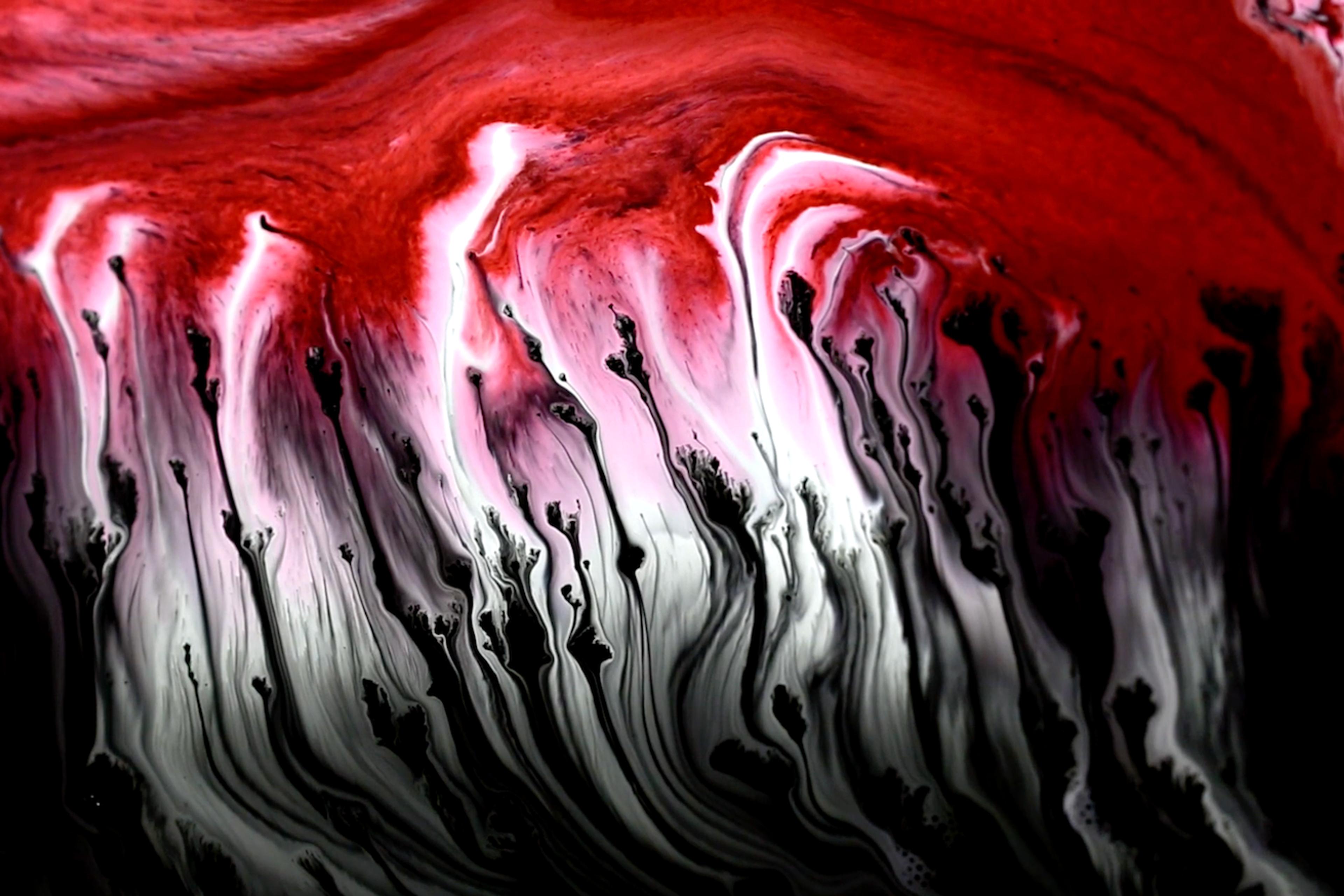The potential of film to transport viewers to worlds quite literally beyond their own was apparent from its earliest days. Just a few years after the Lumière Brothers began screening small fragments of everyday life to eager Parisian crowds, the French illusionist Georges Méliès created the three-minute short The Astronomer’s Dream (1898), which conjures Satan, a goddess and a humanoid moon. The film preceded Méliès’s landmark film A Trip to the Moon (1902) – a lunar odyssey with its own collection of celestial gods and villains. From the Russian film tradition, there was Yakov Protazanov’s Aelita (1924), in which an engineer daydreams a trip to a Martian civilisation in a tale imbued with the mythos of the Russian Revolution. In the Woman in the Moon (1929), the Viennese-born director Fritz Lang approached space travel with scientific rigour, depicting it as an endeavour within our grasp.
Continuing in this tradition, the US filmmaker Bill Morrison invites viewers to reflect on humanity’s relationship with the heavens – both astronomical and mythological – via the era of moving pictures in his work Just Ancient Loops (2012). In his exploration, Morrison eschews iconic 20th-century images, such as scenes from classic science fiction films or broadcasts of the Apollo 11 landing, to which viewers might bring strong personal associations. Instead, he presents a series of more obscure images, to evocative effect.
First, a large observatory telescope is aimed towards the sky. Next, onlookers tilt their heads upwards to view a solar eclipse through protective glasses. Gradually, the images grow more disparate, their relation to the cosmos more abstract. A CGI rendering of Jupiter and its moons dislodges viewers from the realm of black and white. Decaying nitrate film – a favourite medium of Morrison’s – lends the visuals a raw physicality in the film’s third act. The scenes culminate with Christ’s ascendence to heaven as depicted in the French director Ferdinand Zecca’s Life and the Passion of Jesus Christ (1903) – yet another early film exploration of the great beyond.
The experience of Just Ancient Loops is as much musical as visual. With its pensive, circular melodies building, waning and reemerging, the accompanying score – composed by the US musician Michael Harrison and performed by the Israeli-born US cellist Maya Beiser – weaves a pulsing thread through the imagery. Indeed, in addition to screening at film festivals across the globe, the piece has also been presented by Beiser as a live multimedia musical performance. This sprawling cross-century collaboration between Morrison, Harrison, Beiser and the filmmakers who captured the original images makes for a strange and wondrous journey – expansive, even as it collapses more than a century of heavenly views into 26 minutes.
Written by Adam D’Arpino







